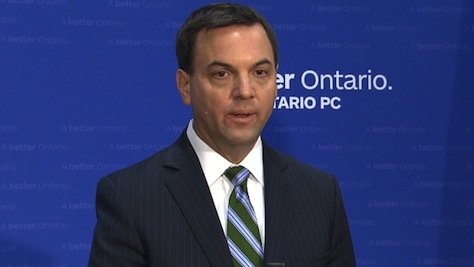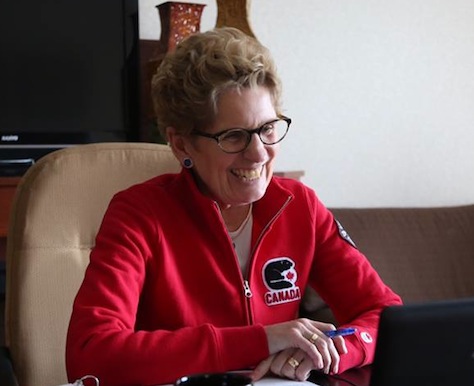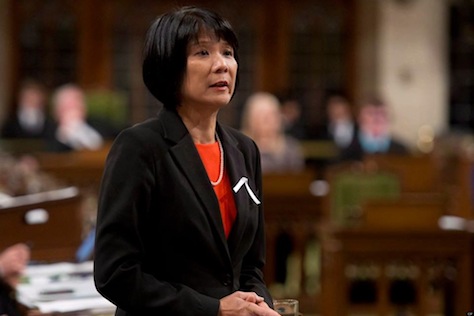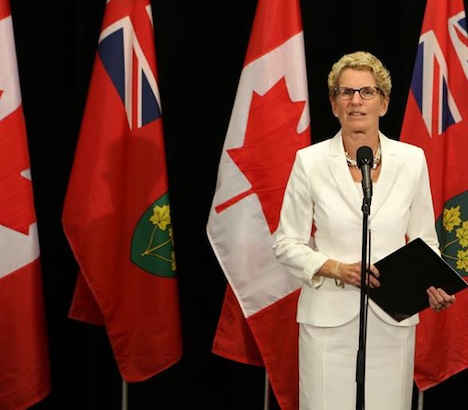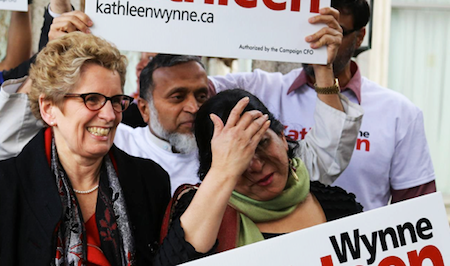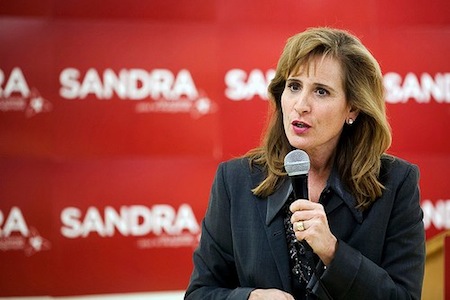Just two months after Québec’s extraordinary election, which devastated the sovereigntist Parti québécois (PQ) and replaced the minority government of Pauline Marois with a federalist majority government under Philippe Couillard, Ontario voters will choose their own provincial government on Thursday in what has become a tight two-way race.![]()
![]()
Politics in Anglophone-majority Ontario, however, looks nothing like politics in Francophone-majority Québec.
As in most provinces, Ontario’s political parties have only informal ties to federal political parties. But Ontario’s political framework largely maps to the federal political scene. Accordingly, the center-left Liberal Party of Ontario is locked in a too-close-to-call fight with the center-right Progressive Conservative Party of Ontario (PC), with the progressive New Democratic Party of Ontario (NDP) trailing behind in third place.
All three parties have led provincial government the past 25 years. The Liberals are hoping to win their fourth consecutive election, after Dalton McGuinty won majority governments in 2003 and 2007 and a minority government in 2011. Under the leadership of popular former premier Mike Harris, the Progressive Conservatives won elections in 1995 and 1999. Bob Rae, formerly the interim leader of the Liberal Party of Canada, led an NDP government between 1990 and 1995.
ThreeHundredEight‘s current projection, a model based on recent polling data, gives the Liberals an edge over the Ontario PCs of just 37.3% to 36.5%, well within the margin of error. The Ontario NDP is wining 19.8% (though individual polls show that the Ontario NDP could win anywhere from 18% to 27% of the vote) and the Green Party of Ontario is winning 5.2%.
Voters elect all 107 members of Ontario’s unicameral Legislative Assembly in single-member ridings on a first-past-the-post basis. That, according to ThreeHundredEight, could result in anything from a Liberal majority government to, more likely, a hung parliament with either a Liberal or PC minority government. Continue reading Ontario election too close to call with 48 hours left to go
